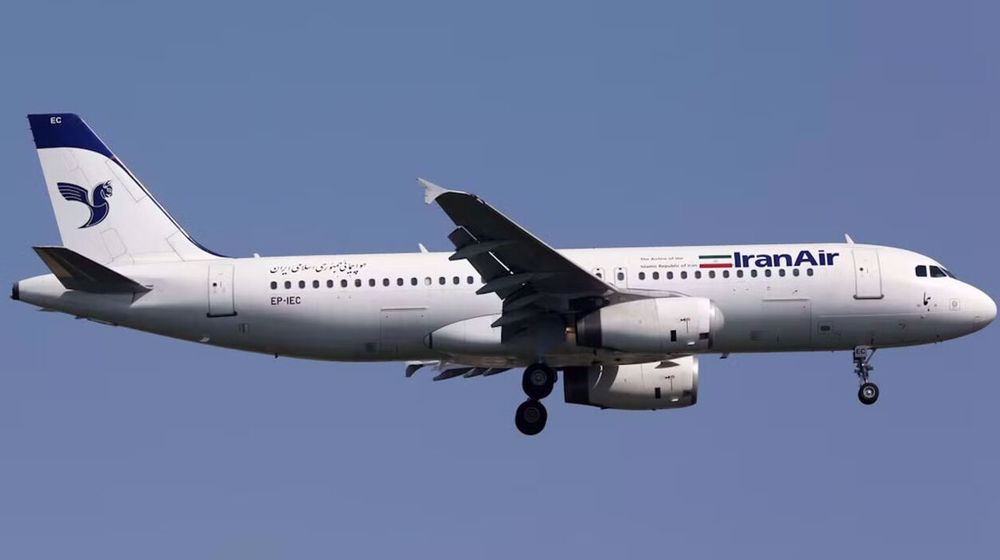Iran says Airbus deal awaiting US seal
Iran has announced that a major deal that it signed with Airbus in January to purchase 118 planes from the European aviation giant is still pending authorization from the United States.
Deputy Transport Minister Asghar Fakhrieh Kashan has told AFP that the approval of the US is necessary for the deal because more than 10 percent of components in Airbus planes are of American origin.
Iran signed a basic agreement with Airbus in January during a visit to Paris by the country’s President Hassan Rouhani. There have been various estimates on the value of the deal from $10 billion to as high as $25 billion.
On 18 April, French Transport Minister Alain Vidalies announced during a visit to Tehran that the authorization of the US Office of Foreign Assets Control (OFAC) for the deal was imminent.
"We are in a very advanced stage of negotiations since the meetings should be held next week to finalize the decision," Vidalies said.
Kashan told AFP on Friday that the basic agreement with Airbus "is a hire-purchase contract and the money must come from bank financing".
"We have had discussions with Airbus and finance channels have been identified," he said.
"Some banks are willing to provide the funding, but Airbus has had delays in obtaining US authorization" to conclude the contract, he said, adding that he hoped this would now be done by the end of June.
Western manufacturers were barred for nearly two decades from selling aircraft or equipment and spare parts to Iranian aviation firms.
AFP’s report said Iran has ordered about 200 planes from three Western manufacturers since nuclear-related sanctions were lifted in mid-January.
However, the deals are facing hiccups caused as a result of the remaining US sanctions against Iran – sanctions that ban international businesses from any trade in dollar with the Islamic Republic.
Airbus sales chief John Leahy was recently quoted by the specialized Aviation Daily website as expressing concerns about the Iran deal.
"We have to have a reliable international banking system" to ensure that the agreement is not endangered, Leahy said.
The issues "need to be sorted out in the next few months, otherwise there will be no deals," he added, stressing that "banks are very shy" of doing business with Iran.
VIDEO | Press TV's news headlines
Iranian satellites launched into space as private sector debuts in space industry
VIDEO | Iran, Azerbaijan conduct joint maritime rescue operations
VIDEO | Yemen’s Red Sea divide: Naval forces block Israeli-linked ships in strategic ‘parting of the water’
VIDEO | Southern Gaza: Israel’s facade for famine and suffering
VIDEO | IOF hampering humanitarian aid
VIDEO | Sharmahd: Justice Done
Iran repeatedly warned Israel not to test its will: FM










 This makes it easy to access the Press TV website
This makes it easy to access the Press TV website